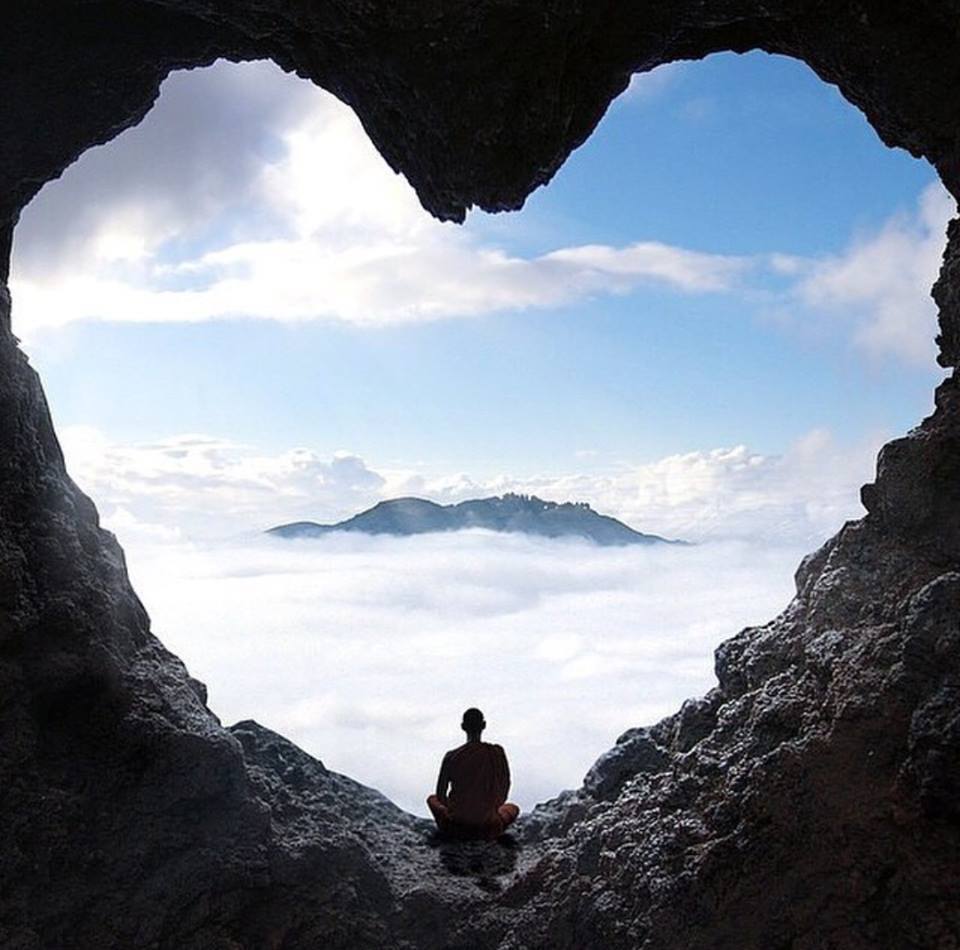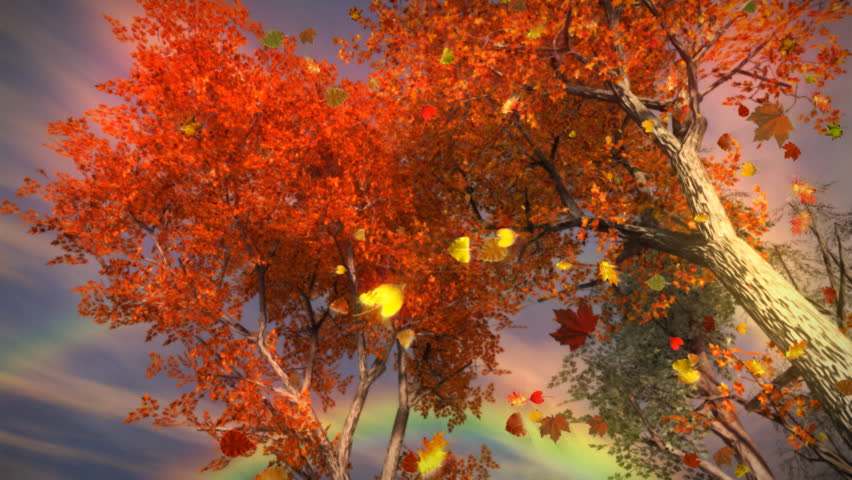Where Do You Lose Yourself?
Can you recall when was the last time you just surrendered to the moment and simply lost yourself in that moment; when you felt ageless, timeless—and there was nothing else in the world but right where you were?
These are the moments when you are deeply present where you are and what you are doing. These are the moments when you are in the flow and feel bliss, peace, energized and true happiness. You feel untethered and free.
For some these moments come when alone—when taking a run, turning up a favorite song on the radio in the car, meditating or having a hot cup of coffee in the quiet of the early morning. For some these moments are when in a crowd of people at a concert and being carried away by the music and the group energy of the crowd. For some these moments are when with friends or family. And they are all unique and special to you.
They are truly precious moments and experiences as they show what we are capable of and provide us with the amazing gift of just being, and more so, of having higher dimensions of consciousness. When we surrender ourselves to the moment or experience, we relinquish our demand that the present be something other than it actually is and we foster a willingness to be present with what is.
We lose the sense of expectation, of worry, doubt, fear, anxiety and stress. We tune out all the noise and have an ultra focused high frequency—increasing our vibration. In this special place we transcend time and space.
These moments provide a glimpse into our ascension and we experience how it feels to be enlightened. They illustrate that time is simply a measure or coordinates. They go beyond being mindful and present to an experience of not being constrained by perception of time.
When we experience them it can seem surreal and like we are in a dream. We lose our self in that moment since we are vibrating at such a high level and identify with higher dimensions of consciousness that free us from the constraints of space and time. And here we are more fluid.
We should savor these moments and not lose sight of what they really mean. They are a gift from the Universe to show us our potential and ability to let go, be light and to have joy and peace.












